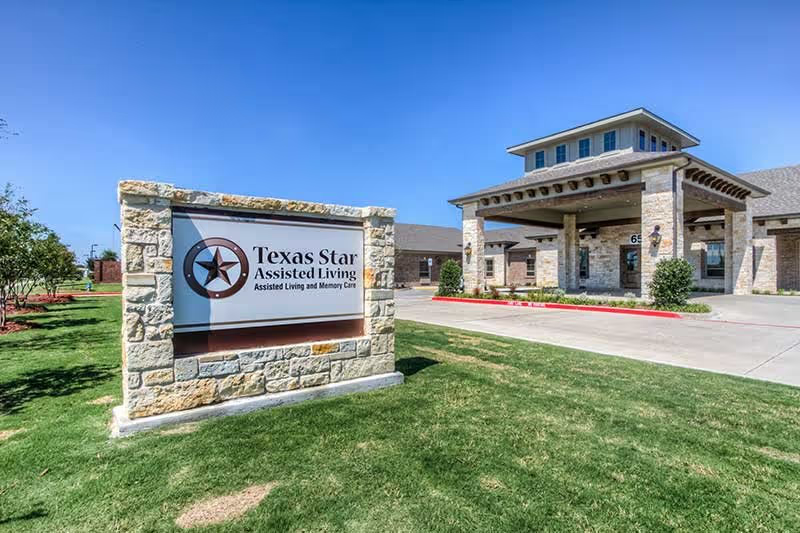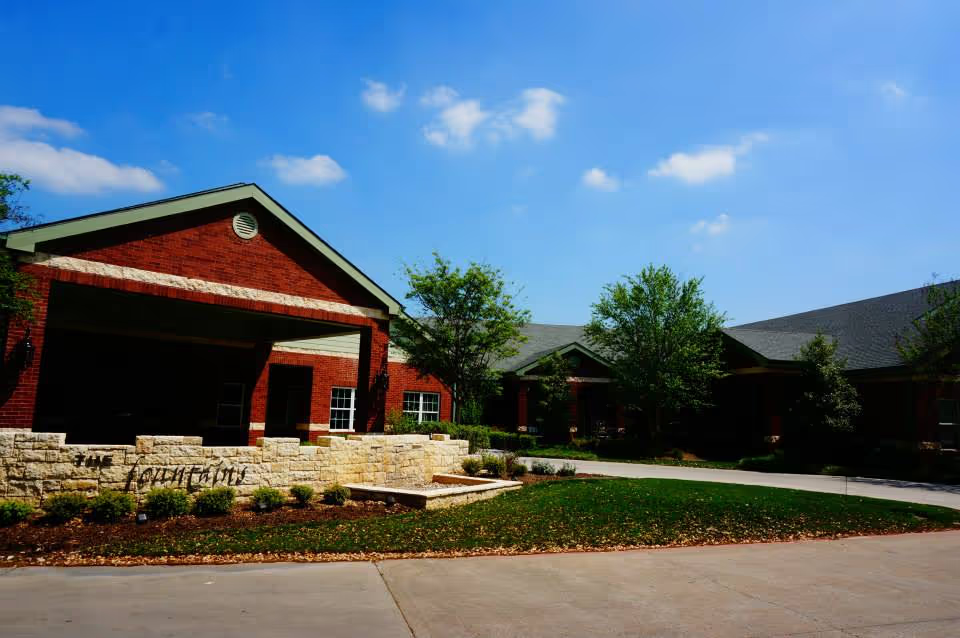Overall sentiment across the reviews for Brookdale Germantown is mixed but leans toward positive for many residents and families, with a recurring pattern: strong praise for front-line staff, amenities, and programming, contrasted with concerns tied to staffing stability, dining consistency, and occasional lapses in housekeeping and management follow-through.
Care quality and staffing: Many reviewers highlight compassionate, professional, and dedicated caregivers, CNAs, nurses and directors who go above and beyond — including reports of excellent bedside support during illness and sensitive end-of-life care. Several accounts specifically name nursing staff and PCAs as trustworthy, attentive, and respectful. However, there is a frequent and significant counterpoint: reports of high staff turnover, inconsistent staffing levels, and periodic shortages. Those staffing gaps are tied to observable declines in service quality for some residents (slower response times, less engagement, and reduced assistance with feeding or mobility). A few reviews describe very serious incidents (e.g., allegations that an ambulance was not called and concerns about malnutrition) — these appear to be isolated but are notable and contribute to worry among some families.
Facilities and maintenance: A large number of reviews praise the physical environment — clean common areas, well-kept interiors, roomy apartments in many units, and attractive features such as a central secure courtyard, spa and salon, barber shop, library, and rehab amenities (Jacuzzi, physical therapy). Many visitors and families described a home-like atmosphere and smaller community feel with active social spaces. Conversely, other reviewers report cleanliness lapses (dirty entryway or exterior, sticky carpets, trash on floors), specific pest issues in at least one report, and landscaping or courtyard maintenance problems rendering areas less safe for walkers. These mixed observations suggest that overall upkeep is generally good but inconsistent, and that maintenance quality may vary over time or between teams.
Dining and culinary offerings: Dining is one of the most polarized areas. Numerous reviews praise the food — some highlight Southern-trained chefs, excellent daily meals, and themed events (root-beer floats, movie popcorn, happy hours) that support socialization and enjoyment. At the same time, multiple reports describe a decline in meal service quality tied to staff and chef turnover: late trays, cold meals, missing utensils, bistro/amenity closures, menu substitutions, and shortages. Several reviewers mentioned a drop-off in dining satisfaction after a head chef left and cited slow or inattentive service. This suggests dining quality is strongly dependent on staffing stability and kitchen leadership.
Activities, programming, and social life: Most reviewers emphasize a robust slate of activities: music, games, religious services, cognitive programs (crosswords, puzzles), art classes, gardening clubs, outings and transportation for shopping and appointments, and celebrations for birthdays/holidays. Many families reported that these programs helped residents thrive — increased independence, new friendships, and engagement. A minority of reviews, however, remarked on limited activity engagement at certain times, idle residents in lobbies, or programming that felt superficial. Several reviews note that new activity directors or staffing changes have the potential to improve this area.
Management, marketing, and communication: A recurring theme is a strong initial sales and tour experience — reviewers often describe an “impeccable” marketing presentation, personable tour staff, and a welcoming admissions process. Yet many also described a drop-off after move-in: insufficient medical or ongoing care updates, superficial staff engagement, broken promises (housekeeping not done as scheduled), and an impression of a corporate or sales-driven approach. Management quality appears to vary: some families praise executive directors and local managers for going above and beyond, while others felt directors were unconcerned when issues arose. Communication is described as decent in some reviews but lacking in proactivity and follow-through in others.
Housekeeping, safety, and equipment: Opinions on housekeeping are mixed: some cite weekly room cleaning and consistently clean units, while others report missed cleanings, dirty floors, and clutter. There are reports of lost or misplaced items (wheelchairs, medal bars) and furnishing/equipment issues that required maintenance intervention. Security features such as a secure courtyard and medication management were noted as positives; however, accessibility and safety are areas of concern for some families, especially when courtyard/landscape upkeep or staffing levels affect resident mobility assistance.
Pricing and value: Cost is a frequent consideration. Many reviewers find the facility expensive but acceptable relative to local alternatives, and note that cost-assistance programs or perceived value for services exist. Others express value concerns tied to declining service, rate increases, and amenities or dining that fell short of expectations. Availability is also a practical constraint — limited preferred room types and waiting lists were mentioned.
Patterns and final assessment: The dominant pattern is variability tied largely to staffing stability and management consistency. When staffing levels, kitchen leadership, and local management are strong, reviewers consistently report a clean, well-run, compassionate, and activity-rich community that supports social and physical well-being. When turnover, corporate-driven processes, or staffing shortages occur, families report tangible declines in dining, housekeeping, responsiveness, and overall follow-through. For prospective families, Brookdale Germantown may offer many desired amenities (medical staff, rehab, salon, activities, secure campus) and a caring culture in many instances, but it is important to evaluate current staffing levels, recent turnover, dining operations, housekeeping consistency, and management responsiveness during tours and to follow up about ongoing communication practices and contingency plans for staffing shortages.







